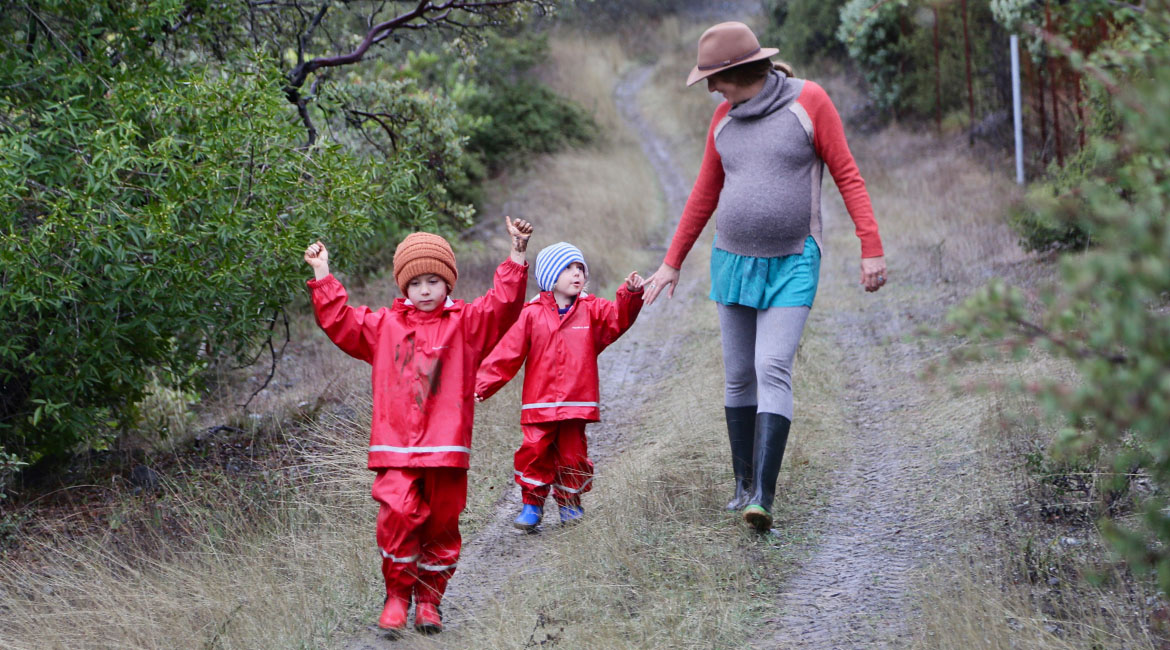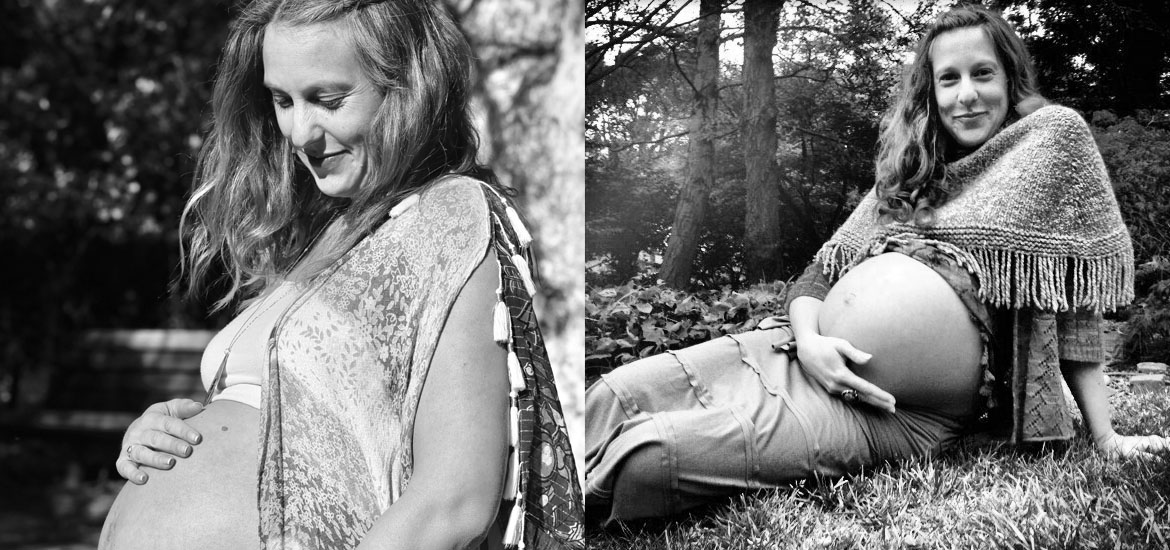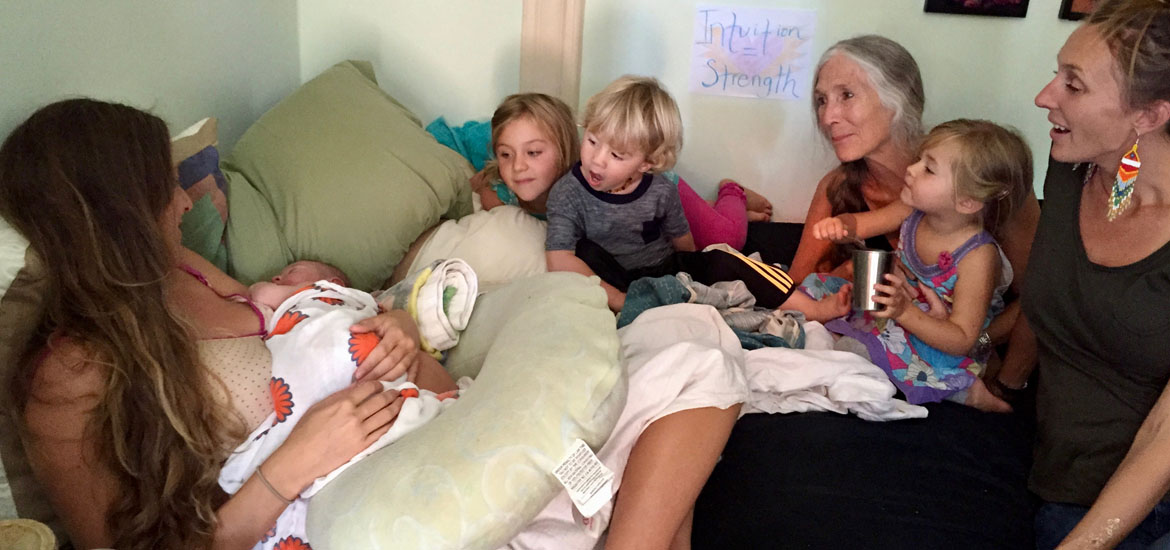Plant-Based Pregnancy? Here’s One Mom’s Experience.

As the OMD campaign manager (and a mom of three!), I provide strategic support to our campaign team working across the country to get healthier, more climate-friendly food options served in K-12 schools. I am incredibly passionate about plant-based nutrition for kids and love seeing the amazing benefits with my little ones at home.
Protein Pressure and Dairy Dogma
I’ve been vegetarian since age 5, when I vowed to stop eating animals because it didn’t align with my values. But when I was pregnant with my first two children, Jules and Bas, I got so much pressure about protein. Everyone from my doctor and midwives to my family and friends wanted to weigh in: “You’re a vegetarian!? (gasp) Are you getting enough protein?” I started to doubt myself and my diet, wondering how on Earth I would get the recommended daily intake of 60 grams.
Eating quickly became my top priority, especially in the first trimester when I needed to eat constantly to keep the nausea at bay. I could hardly finish one meal before I was thinking about the next. What my body craved — warm bean and grain dishes, high-fat foods like avocado and nut butters, and refreshing smoothies and salads — all of a sudden didn’t seem like enough. I began eating eggs every morning, and forced myself to scarf down cottage cheese and yogurt, even though I couldn’t stand the aftertaste in my mouth.

Carrying my first child, I didn’t listen to my own intuition about what my body was craving. Instead I succumbed to the pressure of mainstream institutions and the advice of those around me; I would check out at the grocery store buying cheese, cottage cheese, cream cheese, kefir, butter and eggs. I was still a vegetarian, but I had never eaten that much dairy before.
And it didn’t stop when my babies were born. I also felt pressure when raising my two toddler boys. According to well-meaning friends and family, depriving my kids of meat and dairy could have dire consequences — stunting their growth, weakening their bones, and even causing their teeth to fall out! I ended up spooning dairy products into them out of worry and fear.
Plant-Based Pregnancy
Then I joined the OMD team. It was 2017; Jules was 4 years old and Bas was 2 years old. As I learned more about the work of doctors like Neal Barnard, I quickly realized that dairy was actually completely unnecessary — both for pregnant women, and kids. What’s more, I learned that a balanced, plant-based diet actually provided the best nutrition for my growing family. This realization was life-changing, affirming and liberating!
Then I got pregnant with my third. This time I didn’t cave to the pressures around me; instead I trusted my intuition. If I felt like it, I would eat four artichokes for dinner, dipping the leaves in Wildwood aioli. When my cravings called for it, I’d happily sip warm, creamy green soup for breakfast, with a dollop of cashew crema on top. I ate whatever my body told me it wanted.
Other pregnancy favorites included:
Smoked tempeh reubens and tofu sandwiches with LOTS of sauerkraut
Roasted squash warm out of the oven
Smoothies everyday (my favorite combo is blueberry, banana, flax seed, walnuts, macadamia milk, coconut water, cacao powder, kale, medjool dates, & ice cubes)
Big salads smothered in toasted nuts, avocado and creamy dressing
Buddha bowls of quinoa and black beans with a huge mound of sautéed collard greens and garlic
Soups of all kinds

The Benefits
I’m not a doctor, but I can say anecdotally that I felt much healthier and more comfortable during my plant-based pregnancy. Some of the changes I noticed include:
Heartburn. Very common during pregnancy, I had it from time to time during my first two while eating dairy, but never in my third.
Leg cramps. Scientists don’t really know what causes leg cramps in pregnancy, but some doctors recommend taking a magnesium or calcium supplement to combat them. All I know is that they disturbed my sleep during my first two pregnancies, but I did not have any when I was plant-based.
Labor. There are a lot of factors that affect labor, and women typically experience shorter labors in later pregnancies than in their first, but I can say that my third birth was much quicker and easier, lasting just 90 minutes (compared to 22 and 10 hours the first two times). I also ate some of the plant-based foods on this list to prepare for labor.
No baby acne. It’s common for newborns to get baby acne — little white bumps that form on a baby’s face two to four weeks postpartum. My first two babies had it, but Soleil didn’t have any at all, just a beautiful baby glow!
Breast milk supply. I was blessed with terrific breast milk production for all three babies, especially my third, Soleil.

How to Have a Healthy Meat and Dairy-Free Pregnancy
A few tips for a healthy plant-based pregnancy:
Exercise! From swimming (good cardio and low impact for that big heavy belly) to yoga, exercise always made me feel stronger during pregnancy, even when I had nausea.
Iron. When pregnant, you need about twice as much iron as you usually do. I benefited from taking an iron supplement every day. I also ate iron-rich foods and enjoyed a locally made Strong Woman Syrup.
Probiotics. Taking a probiotic during pregnancy is thought to offer numerous benefits to the baby. I use Klaire Labs Ther-Biotic Complete and my children take a chewable probiotic every morning.
B-12. Taking a Vitamin B-12 supplement helps avoid anemia and supports a healthy nervous system and reproductive system. Many people are low in B-12, so if you take a daily prenatal vitamin, look for one with enough Vitamin B-12 and folates.
Hydration. Drinking enough water was challenging for me, so I started each morning with a tall glass of lemon water, which both tastes delicious and is thought to create an alkaline environment in your body.
Acupuncture. If you can afford it, treat yourself to a few sessions. It helped my nausea so much during my first trimester.
Read labels. Just because a product is on the market doesn’t mean it’s safe — many have questionable ingredients. That’s why I choose to make my own baby food and skin care products. This is my most favorite (and easy) DIY belly balm recipe to nourish your skin and avoid stretch marks.
Community support. Join a plant-based mom Facebook Group for support. I love this one in particular, but there are many wonderful online communities.
What's Next?
Looking for more plant-based health tips? Visit our blog for more inspiration!


